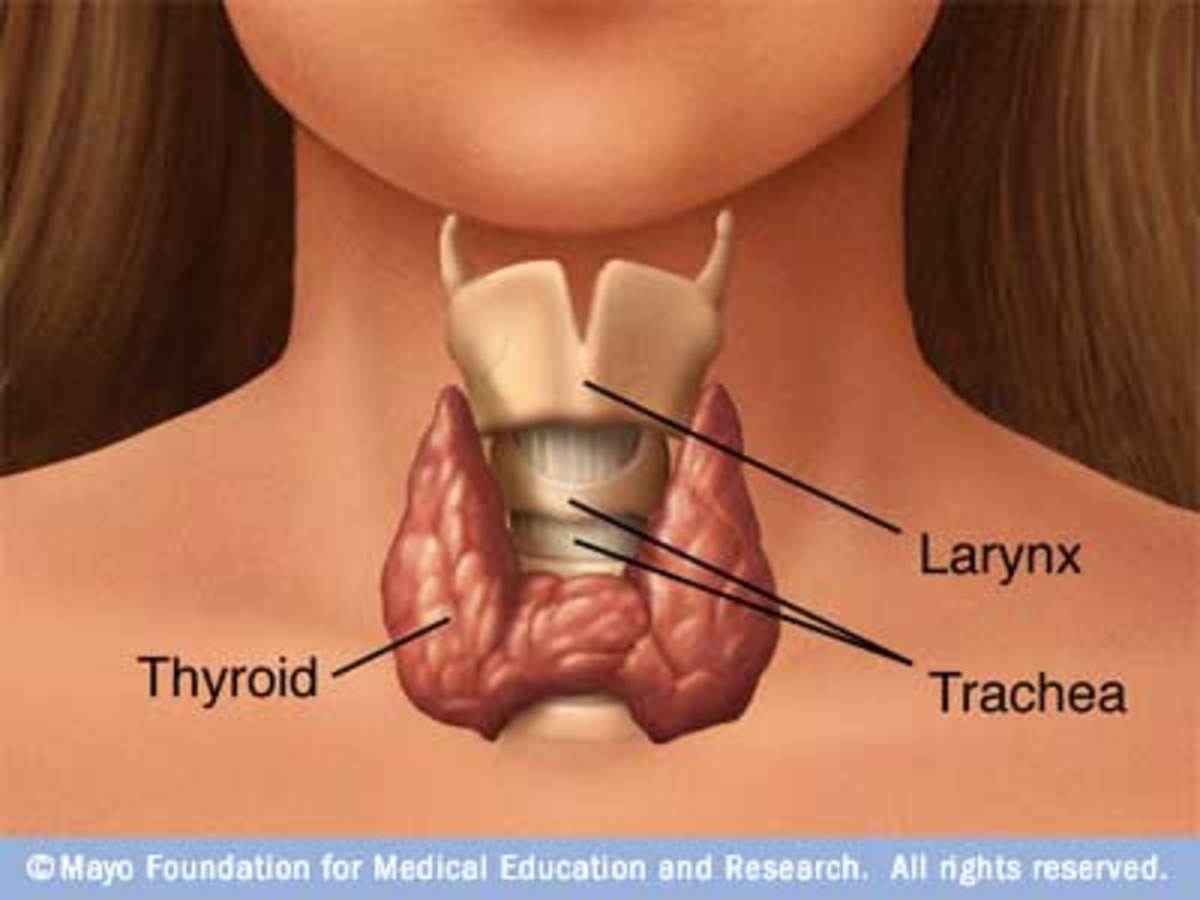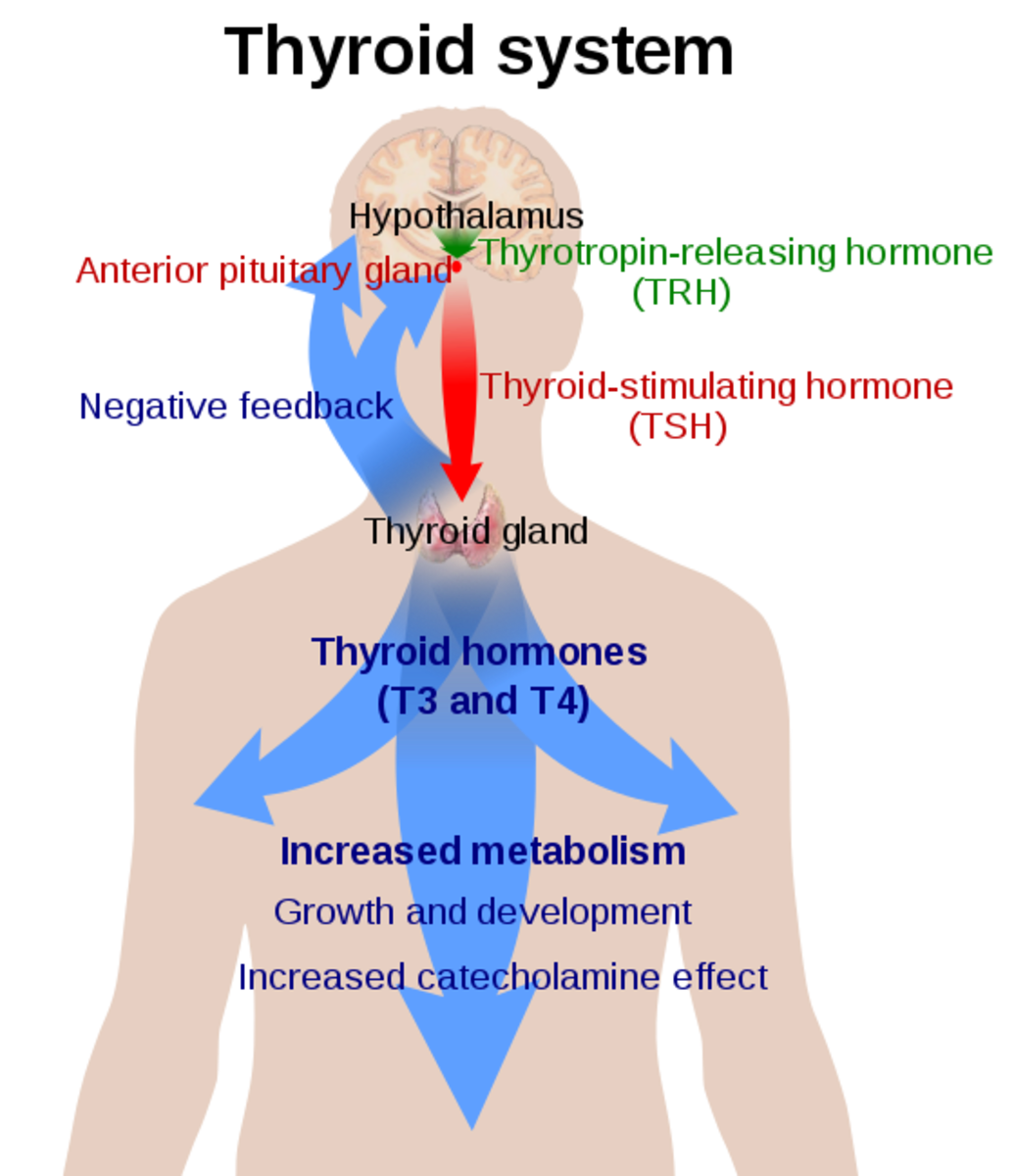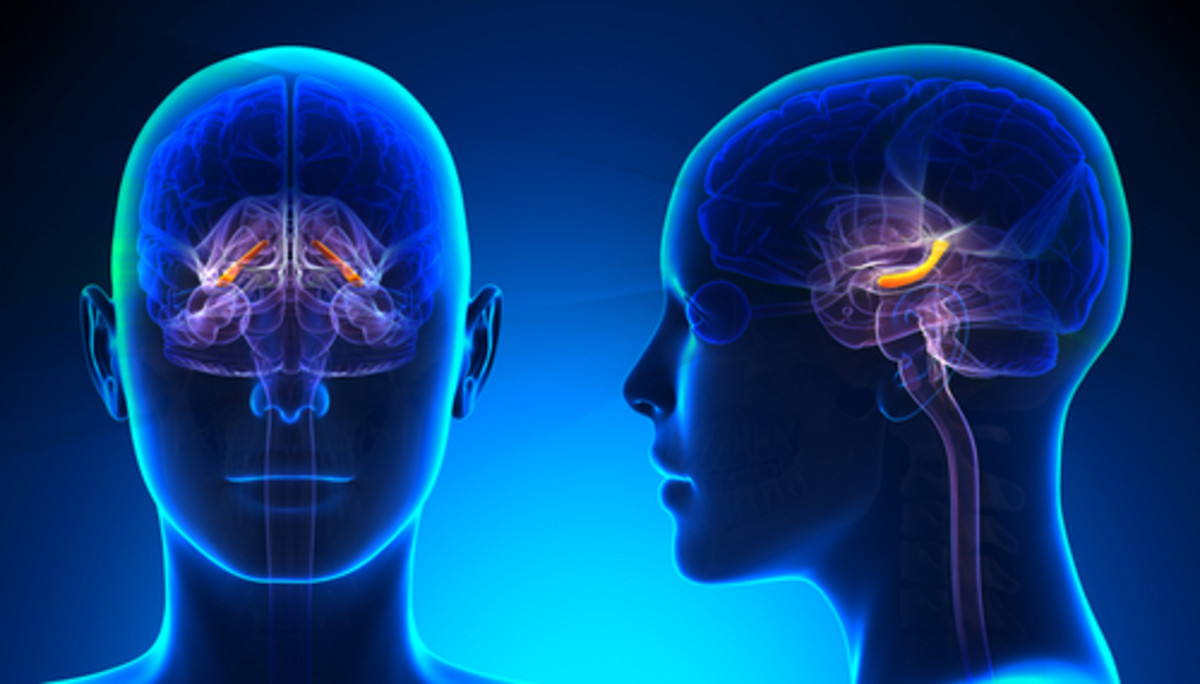What You Should Know Before Taking Thyroid Medications

The most popular medication prescribed by thyroid specialists for an under active thyroid is levothyroxine. It is sold under different brands names. Some of these are Unithroid, Synthroid, Levothroid and Levoxyl.
Cases of hypothyroidism are getting increasingly more common.
While this has something to do with the fact that more iodine-rich foods are getting dropped from our diets, it can also be ascribed to the fact that iodine is getting displaced from our body by bromine and fluorine which are increasingly getting into foods and our water supply.
In addition, the incidence of iodine deficiency was (and some believe, still is) grossly underreported. Experts now believe that more than 40% of the world’s population is now consuming below recommended levels of iodine and has a risk of developing hypothyroidism.
Since the thyroid hormones are needed for general metabolism in the body, hypothyroidism can cause various side effects in different parts of the body.
Symptoms his thyroid disease include chronic fatigue, weakness, muscle cramps, hair loss, memory loss, weight gain, inability to lose weight, irritability, depression and abnormal menstrual cycles. It is even implicated in the development of certain cancers.
To treat hypothyroidism, doctors usually prescribe iodine or levothyroxine.
In the syntheses of the thyroid hormones (thyroxine and triiodothyronine), iodine is combined with the amino acid, tyrosine. Thyroxine is the more important thyroid hormone because it is converted to the more active but shorter lasting triiodothyronine.
Iodine can improve thyroid function if hypothyroidism is caused by iodine deficiency. However, where the cause is an impairment of the thyroid gland due to damage from disease or surgery, iodine supplement cannot increase the production of thyroid hormones and one of the two thyroid hormones will have to be directly supplied.
Levothyroxine
Levothyroxine is a synthetic form of the naturally produced thyroid hormone, thyroxine. Thyroxine occurs in two forms: levo (or L-) and dextro (or D-).
Dextrothyroxine was once used to lower cholesterol levels but its use was discontinued due to increased risks of cardiac side effects. Levothyroxine also causes cardiac side effects but its benefits are believed to outweigh this risk.
Levothyroxine directly supplies thyroxine to the body and substitutes for the natural hormone. Apart from performing the metabolic functions of thyroxine, levothyroxine also reduces the level of the thyroid-stimulating hormone (TSH) produced by the pituitary gland.
The suppression of thyroid-stimulating hormone has its benefit and disadvantage. It is necessary to reduce the production of this hormone especially in cases of hypothyroidism-induced toxic goiter.
However, chronic suppression of thyroid-stimulating hormone during long-term levothyroxine therapy is known to cause cardiac side effects and the demineralization of bones.
Besides goiter and hypothyroidism, other medical conditions treated with levothyroxine are thyroid cancer and infertility caused by low thyroid hormones.
Side Effects of Levothyroxine
Hair loss is one of the serious side effects of levothyroxine. While it occurs in some people, it almost always resolves when the body develops tolerance to the drug.
However, where the hair loss becomes extensive, you should consult with your doctor about stopping levothyroxine or adding a drug to treat the hair loss.
There are others side effects of levothyroxine that serve as an early warning of approaching hyperthyroidism. These side effects include tremors, heightened sensitivity to heat, increased sweating, nervousness, mood swings, shortness of breath, constant headaches. You should see your doctor immediately if you experience any of these.
Some people also show allergic reactions to levothyroxine. Signs of such allergic reactions include chest pain, irregular heartbeats, edema and seizures. Levothyroxine should be stopped immediately and emergency treatment sought if these side effects are observed.
Levothyroxine has a narrow therapeutic window. This means that the dose needed to produce therapeutic benefits is very close to the smallest dose that is classified as an overdose. Levothyroxine overdose is dangerous for two reasons.
First, it can take as long as 11 days after taking the drug for its effects to show in some people. However, others experience the side effects of overdosing in as early as 6 hours.
Secondly, levothyroxine overdose is potentially lethal. It can cause fever, heart failure, sudden fall in blood sugar levels and coma. In severe cases of levothyroxine overdose, beta blockers may be used to prevent patients from experiencing permanent damage from heart failure.
Because levothyroxine increases metabolism, some are tempted to use it for weight loss. This is not advised since high doses of levothyroxine are required to provide significant weight loss, and such doses do cause fatal side effects.
High doses of levothyroxine can also cause osteoporosis because the drug decreases bone mineral density.
Different studies have established this link and shown that it affects the elderly more than young people. For example, a 2011 nested case-control study published in the British Medical Journal showed that the risk of developing fractures increases with the doses of levothyroxine given to adults who are 70 years and older.
Food and Drug Interactions of Levothyroxine
Some foods can decrease the absorption of levothyroxine. For example, soy products are not to be ingested 3 hours before taking levothyroxine. Grapefruit juice also slows down the absorption of levothyroxine but not the extent of absorption.
Furthermore, calcium and iron supplements are to be avoided 4 hours before taking a levothyroxine dose. Antacids which contain magnesium and aluminum should not be taken along with this drug too.
Other drugs that may affect the absorption of levothyroxine are colestipol, cholestryamine and simethicone. Coffee may also affect the absorption of this drug.
On the other hand, ketamine and tetracyclic antidepressant can increase the toxicity of levothyroxine. Other drugs that may interact with the activity of levothyroxine (and vice versa) include digoxin, warfarin, insulin, sulfonylureas, birth pills containing estrogen and theophylline.
Contraindications
Synthroid, Unithroid, Levothroid, Levoxyl and other brands of levothyroxine are not recommended for patients also suffering from some specific medical conditions.
Where no alternatives exist, the dose of levothyroxine will be modified for such patients.
Therefore, you should tell your doctor, before getting a levothyroxine prescription, if you have a history of any of the following medical conditions: diabetes, heart diseases including blood clots and coronary artery disease, thyrotoxicosis or increased thyroid hormones and decreased adrenal gland function.






